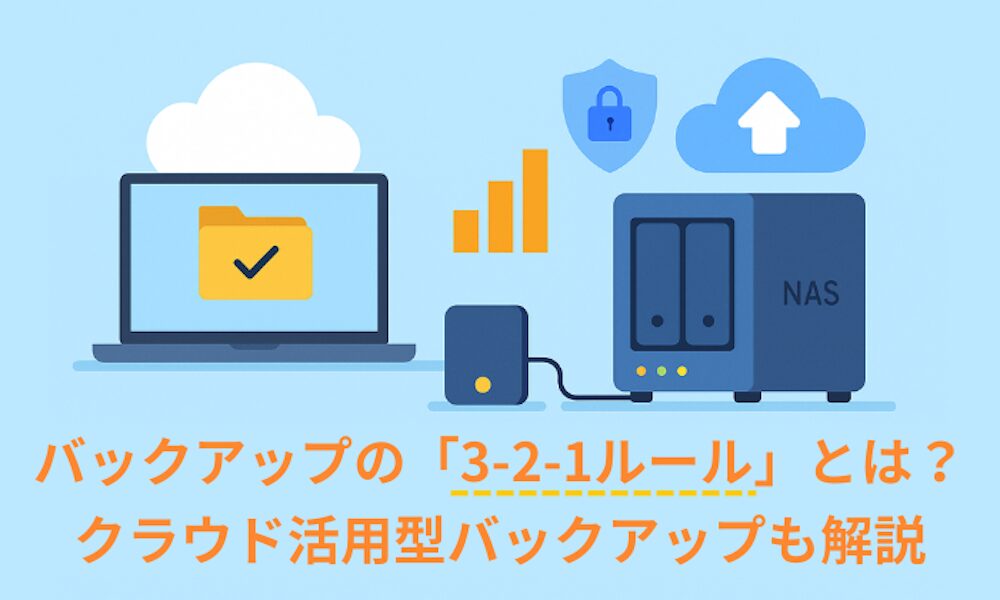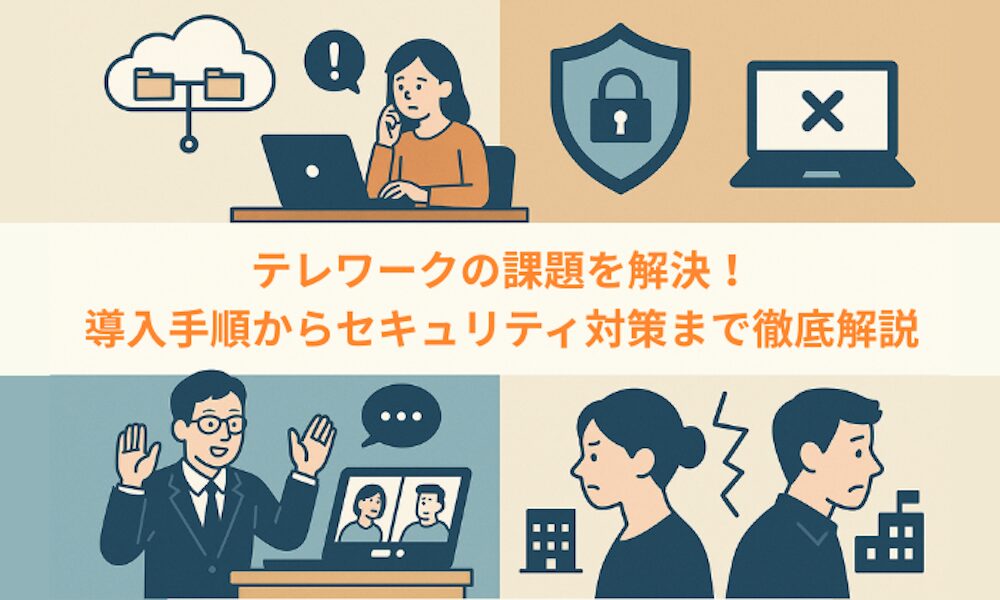Epidemics, earthquakes, fires... Now is the time to create a telework-ready environment in case of emergency.
Most people think of telework as something implemented across the board, with everyone working from home all day. Therefore, many companies dismiss it by saying "telework would never work for us." However, the most important thing is to prepare an environment where employees can switch to partial telework immediately in an emergency. That way, when an emergency occurs that makes telework essential, like the new coronavirus, you don’t have to panic, but can make a flexible response like "Let's incorporate telework in this department for one week, starting tomorrow."
Benefits of telework
The benefits of telework are not limited to the ability to hedge risks in case of infectious disease outbreaks and natural disasters. By creating a telework-ready environment, you can expect the following benefits:
・Reduced costs for the company (office space, commuting allowance, etc.)
・Reduced employee commuting time and stress
・Improved work-life balance and productivity
・Improved corporate image, leading to more effective branding and recruitment
・Decrease in turnover due to circumstances such as childcare and elder care
・Increased employee motivation and engagement
Telework Spreads to Large Companies
Telework is also being implemented in large companies symbolic of Japan. At JR East, which has started work-style reforms such as the abolition of core time, approximately 10,000 employees are eligible for telework, equaling about 20% of the total workforce. Nissan Motors has also fully introduced a telework system, and an estimated 2,400 employees have registered for it.
Other examples include Japan Airlines (JAL) which allows about 4,000 people to telework, excluding pilots and cabin attendants. Recruit gives all employees unlimited teleworking days, and Shiseido has approved telework for approximately 14,000 employees excluding beauticians.
Why cloud storage is “practically indispensable” for telework
In order to create an environment where telework can be implemented at any time, it is essential to have the necessary tools. Cloud storage (online storage) tops the list.
Cloud storage is a service that allows employees to share files and access materials easily, from home or on the go, by uploading files and folders to the cloud. With cloud storage in place, teleworkers don't have to send files as email attachments every time, or worry about losing USB memory sticks. Because it is a cloud-based service, capital investment and expensive initial investment are not required, and it can be introduced easily. It is ideal not only for telework but also for everyday use, because it backs files up automatically and makes teamwork more efficient.
The simple and speedy Tsukaeru Filebako
That said, common concerns about cloud storage include: "How do we know that an individual service is secure?" "We use a lot of foreign-made services; can it interface with those?" and "The pricing structure of business plans is complicated, and we’re worried about extra costs." The answer to all these questions is the Tsukaeru Filebako from Tsukaeru.net. It has the following characteristics:
・Familiar, easy-to-use folder-style file server. No need to spend time and effort training employees.
・Simple and easy-to-understand interface developed by Japanese companies. Comprehensive customer support by our dedicated staff.
・Simple, clear monthly or annual rate plans with no hidden costs or additional charges.
・Full security measures such as double encryption of communication and triple backup of data. All data is stored carefully in our own ISO27001 (ISMS) certified data center in Nagano (in operation for 20 years).
There is also a free 14-day trial, so please feel free to contact us at no risk!
In addition, for more than 10 years, Tsukaeru.net has established an environment in which all employees can telework securely anytime, anywhere by combining the Tsukaeru Dokodemo Office, Tsukaeru Filebako, and cloud PBX. This experience and know-how means the Tsukaeru.net telework consulting service is also highly regarded, and for a limited time, we’re offering free consultation (100,000 yen at the regular price)! We look forward to hearing from you.
Tsukaeru Filebako functions and fees
Contact Form
Note 1: 2019 White Paper on Information and Communications – Ministry of Internal Affairs and Communications



















